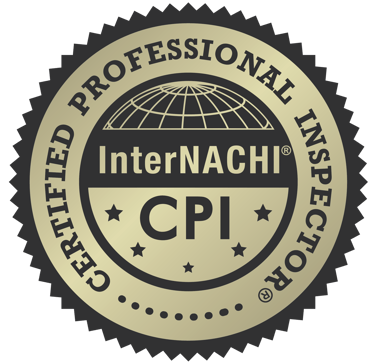Schedule Your Home Inspection Local & Certified
The Importance of a Pre-Listing Home Inspection
Take some of the stress and surprises out of listing your home. Address issues on your time and dime instead of being pitted against contract deadlines.
3/10/20251 min read


Understanding the Pre-Listing Home Inspection
A residential pre-listing home inspection is an essential step for homeowners planning to sell their property. This proactive measure involves a thorough evaluation of the home before it is officially on the market. By engaging an inspector, homeowners can identify potential issues that may influence the sale process. Common problems, such as plumbing leaks, electrical deficiencies, and structural concerns, can be uncovered during this inspection, allowing sellers to address them ahead of time.
Enhancing Property Appeal Through Transparency
Taking the initiative to conduct a pre-listing inspection demonstrates a commitment to transparency, which can greatly enhance a property's appeal. When sellers have a list of repairs completed and a clean inspection report, it boosts buyers’ confidence. They appreciate having fewer uncertainties about the home’s condition, which makes it more likely that they will proceed with the purchase. This level of transparency builds trust and rapport between sellers and potential buyers, ultimately leading to smoother negotiations.
Benefits of a Pre-Listing Inspection
Conducting a pre-listing home inspection has several benefits. First and foremost, it allows sellers to make informed decisions about necessary repairs and improvements. Addressing these issues beforehand can prevent last-minute surprises during buyer inspections, where previously unnoticed problems may arise and trigger renegotiation or even deal cancellations.
Moreover, a comprehensive inspection report can serve as a valuable marketing tool. It showcases the property’s strengths and the seller's attentiveness to maintenance, potentially increasing the market value. Buyers are often willing to pay a premium for homes that show no red flags and that have documentation proving that everything is in good working order.
In conclusion, a residential pre-listing home inspection represents a strategic approach to selling a home. By uncovering hidden problems and rectifying them in advance, homeowners can present their property with confidence. This proactive practice not only facilitates smoother negotiations but increases the likelihood of achieving a favorable sale price, making it a wise investment for any seller looking to maximize the value of their home.








